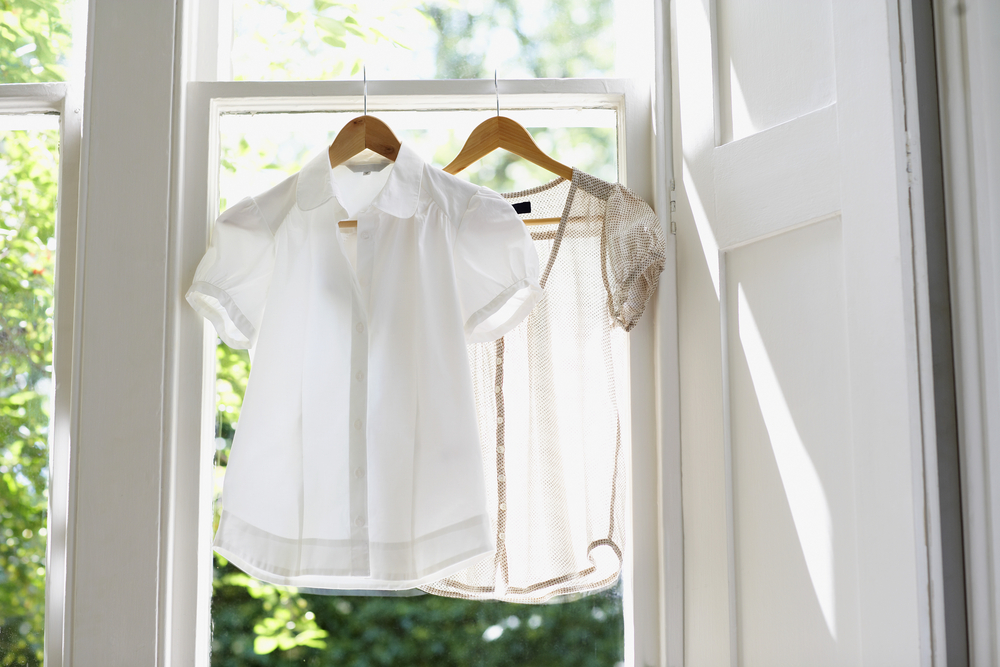Fast fashion cutting in to second-hand clothing stores’ sales

Fewer items of clothing are being taken to thrift stores and charity shops because of the trend for so-called “ultrafast fashion”, branch organisation Kringloop Nederland said.
Fast fashion garments are typically made to order in a few days, often in countries such as China, using low-quality materials that lose their shape after a few days.
The appeal to consumers is that the products are cheap and can be delivered quickly, but charity shops say they are more likely to be thrown away. The low prices also attract buyers who might otherwise look for second-hand items.
According to Kringloop Nederland’s figures, clothes made up 27% of items handed in in 2023, a smaller proportion than the previous year. Online vintage retailers such as Vinted have also emerged as competitors.
The impact of ultrafast fashion is likely to become more challenging, Rachel Heijne of Kringloop Nederland told NOS. “This is the first year that we have seen the effect so clearly,” she said.
“We see that the quality of the goods is very poor. These clothes are useless after a few washes and can’t be sold in thrift stores.”
The shops’ turnover increased last year, mainly because of higher inflation and wage increases. “That doesn’t mean buying second hand has become expensive,” Heijne said. “The prices are still very reasonable.”
Furniture remains the most popular type of donated item, accounting for 30% of the total, followed by electrical goods.
Thank you for donating to DutchNews.nl.
We could not provide the Dutch News service, and keep it free of charge, without the generous support of our readers. Your donations allow us to report on issues you tell us matter, and provide you with a summary of the most important Dutch news each day.
Make a donation